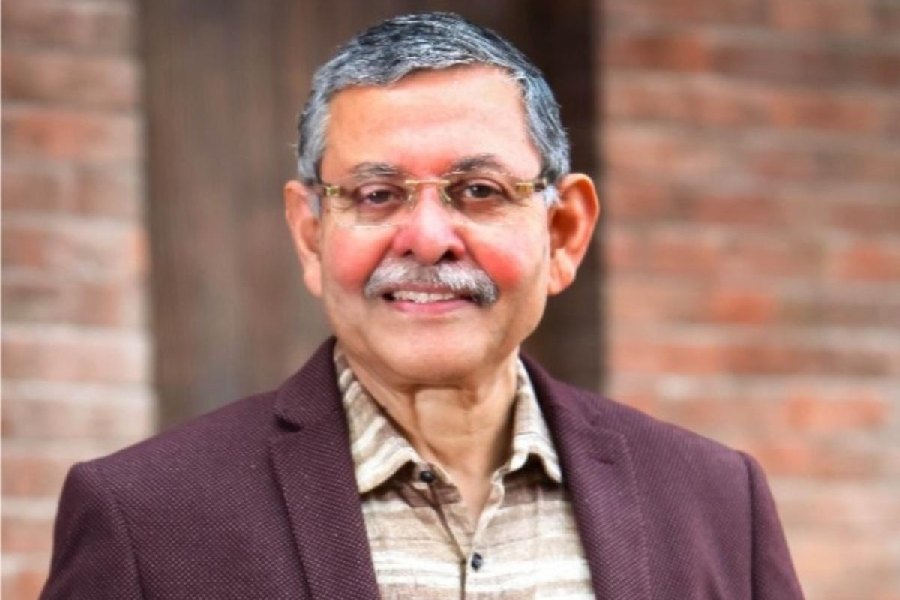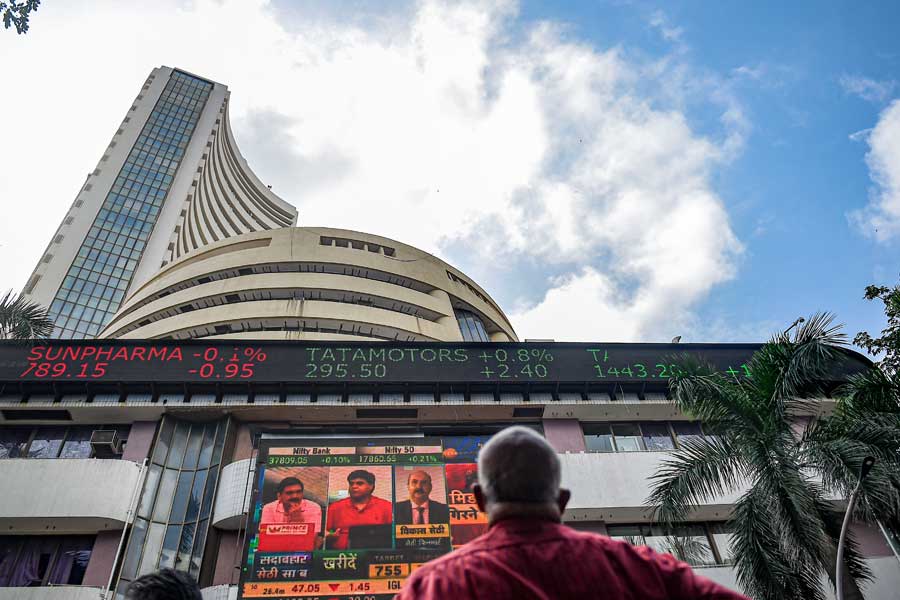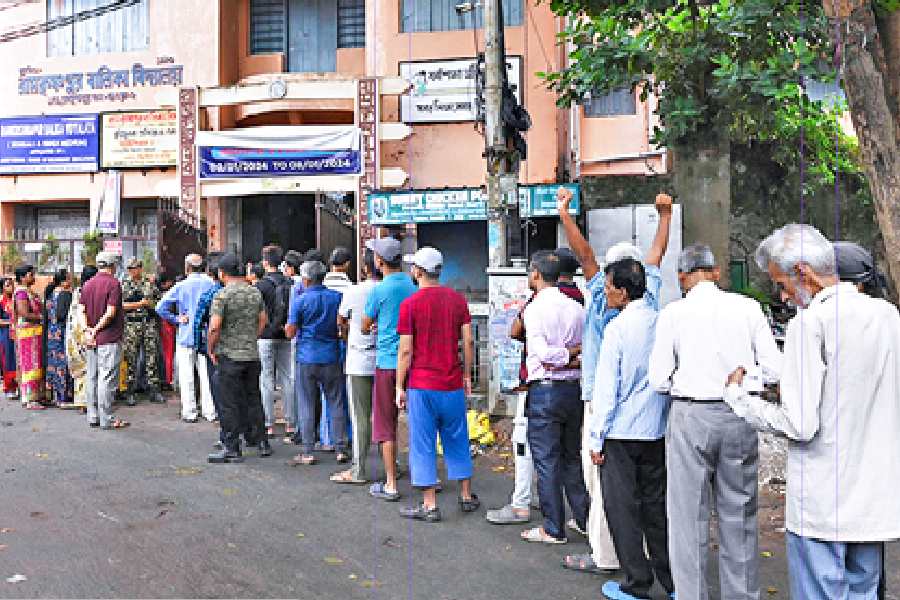From welders, electricians and truck drivers to packers, healthcare and hospitality sector workers, skilled Indian labour is in increasing demand in a clutch of countries despite the global economic slowdown.
Basab Banerjee, co-founder of five-year-old Magic Billion which has placed over 3,500 skilled labourer overseas, has set an ambitious goal to expand the number to 100,000 in the next five-seven years.
“This business is somewhat insulated from global risk because we are not necessarily looking at economies to grow to develop our business, but just to sustain, economies would require skilled talent,” said Banerjee.
“We are not talking about doctors or bankers or IT professionals. These are simple jobs in manufacturing, construction, retail, hospitality, healthcare, and agriculture among others,” he said.
The company, which operates seven training and upskilling centres in India including one in Calcutta, expects sustainable demand from a crescent of countries — Australia, New Zealand, Japan, Russia, Europe, the UK, Canada and the US — where there is a significant shortage of affordable skilled labour.
The company operates under a license from the Union ministry of external affairs that allows it to recruit skilled workers from India for overseas employment.
According to Banerjee, the growth drivers include a combination of an increased number of countries wanting Indian talent, increased awareness in countries where the company has already successfully sent employees and existing overseas employers seeking more skilled labour.
“We have signed MoUs with three state governments and we are looking to sign more,” he said. Besides discussions with academic institutions and the corporate sector, social media is also acting as a channel of awareness and growth.
While there are concerns over geopolitical tension, Banerjee pointed out to other challenges such as the long gestation period and increased competition from neighbouring and southeast Asian countries including Vietnam, Malaysia, Phillipines, Sri Lanka, Pakistan and Nepal.
“There is a long gestation period. From the time we sign a contract to the time we send a person overseas, it could be a year or 18 months and there is no way we can shorten that unless there is more institutional support including government,” he said.
He also said that about 1 per cent of the workforce the company sends overseas comes back if the employer and employee match does not work. While the employee gets a passage back home, the employer gets a replacement, Banerjee said.










